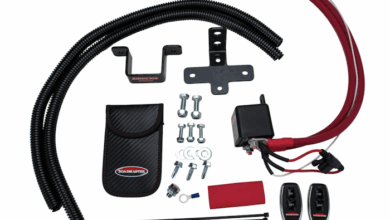How Chinese Subsidies Changed the World
In my lifetime, I have gone from a Laissez-faire capitalist to a protectionist capitalist and then back to a freer market moderate.
Why did my business experience change me so much?
First off, as an independent business owner, I have always preferred to be able to operate freely. The less government in my life, the better off that I am. I have always believed in hiring great people, and letting them do what they need to do.
The natural extension of this thinking goes to my vendors. I should be able to buy and sell whatever I want to as profitably as possible depending on the market. That means if a Chinese manufacturer can give me an advantage on price, but still produce the quality, I am in.
The early days of Chinese importing did not meet our standards, and for years we steered clear of Chinese products. However, in later years, many of the Chinese factories implemented great quality control and their quality increased. But with the increase of quality control came increased costs. Then, as more and more product came from China, transportation from China became more and more costly.
We have now reached a point where the only difference in Chinese products and domestically produced products is minimal. The difference does not come down to cost of labor. Instead, it is the cost of government regulation.
Basically, zero-regulation in China and onerous regulation domestically. Now, the wild card in this game is the Chinese government, which picks industries with high growth that they want to dominate. Then they start to subsidize their factories in that sector.
For some background on this, read an article from 2013 from the Harvard Business Review. Notice the last line that from that 5-year-old article, though. It clearly states that if the U.S. fails to address this issue, it will become a big problem for all major world economies.
I find it interesting that President Trump and the economists from Harvard are on the same page. Trump’s current policy on Chinese-produced products imposes a significant-enough tariff that takes away the ability of the Chinese government to subsidize its companies at the detriment to U.S. companies.
This Tariff is not intended to punish but it is intended to level the playing field.
If the U.S. fails to address this practice by the Chinese government, the results will be devastating to U.S. manufacturers. Chinese companies using these subsidies have become increasingly predatorial. The result is that U.S. companies are closing because they can’t be competitive with the subsidized Chinese companies. Many industries have fallen prey to this practice.



